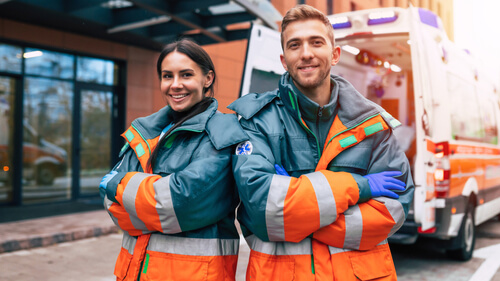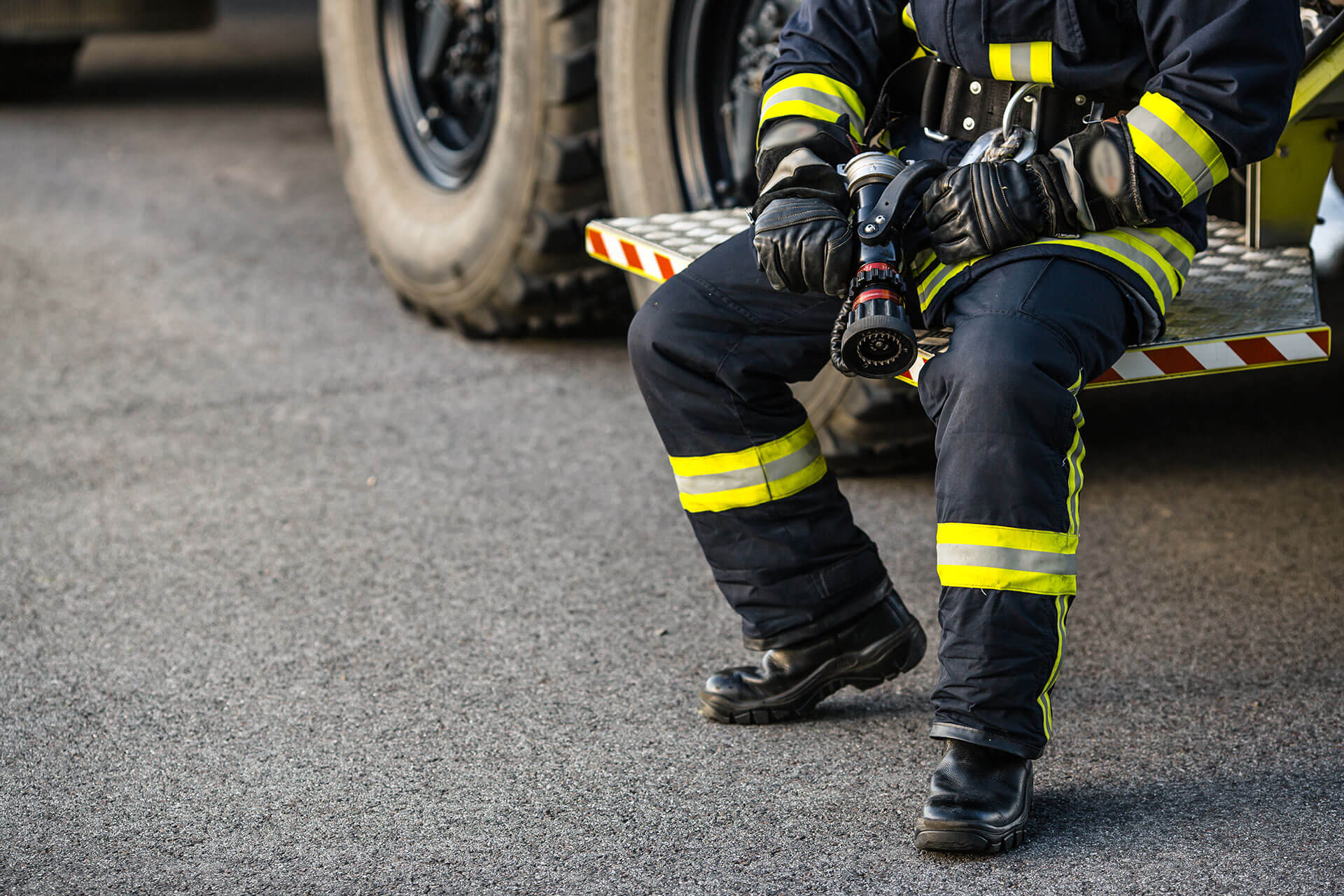
Treatment For First Responders
Let Find Luxury Rehab help you evaluate first responder addiction treatment in your area.
First Responder Addiction Statistics
Research indicates that first responders are at high risk for self-medication and addiction.
Paramedics
- 36% of paramedics suffer from depression
- 72% of EMTs struggle with sleep deprivation
- 20% of EMTs have PTSD and are at high risk for self-medication
Firefighters
Firefighters have much higher levels of alcohol abuse because firefighters will binge drink in social situations, among other firefighters, or as a way to relax after work.
- 29% of firefighters abuse alcohol
- 10% of firefighters abuse prescription drugs
Police Officers
Police officers are more likely to die from suicide than homicide on the job. This can be traced to high mental health disorders and substance abuse levels.
- 30% of police officers have a substance abuse disorder. The general population average is only 10%, making police officers three times more likely to need first responder substance abuse treatment
- Up to 19% of police officers have PTSD
Contact Find Luxury Rehab to learn about first responders’ substance abuse treatment.
The Best
Treatments For You
View allGet confidential and professional help for substance abuse & mental health conditions right now.
Get Confidential CallbackWhat Are the Benefits of a Rehab Program For First Responders?
Dual Diagnosis
First responders often face unique challenges that can contribute to substance abuse and mental health disorders. Dual diagnosis treatment addresses both issues simultaneously, offering comprehensive care that combines therapy, medication management, and support services tailored to the needs of first responders. Our rehab centers specialize in dual diagnosis treatment, helping first responders achieve lasting recovery and improved mental well-being.
Trauma-Centered Therapy
Trauma-centered therapy recognizes the impact of trauma on the lives of first responders and provides specialized treatment to address its effects. Our rehab centers offer trauma-centered therapy approaches, such as Eye Movement Desensitization and Reprocessing (EMDR), Cognitive Processing Therapy (CPT), and Trauma-Focused Cognitive Behavioral Therapy (TF-CBT). These evidence-based therapies help first responders process and heal from traumatic experiences, paving the way for lasting recovery.
Peer Support
Peer support plays a crucial role in the recovery journey for first responders. Our rehab centers offer peer support programs where individuals can connect with others who understand the unique challenges of the profession. Through shared experiences, encouragement, and mutual understanding, peer support fosters a sense of camaraderie and solidarity that is essential for recovery and healing.
Family Therapy
Family therapy is an integral component of the recovery process for first responders, as it addresses the impact of substance abuse and mental health disorders on their families and loved ones. Our rehab centers offer family therapy programs that provide education, support, and guidance to help families navigate the challenges of addiction and mental health issues. By involving family members in the treatment process, we promote healing and strengthen relationships, fostering a supportive environment for recovery.

How to Find the Best First Responder Drug Rehab Center Near You
If you are ready for help, Find Luxury Rehab is here. When you reach out to our staff, we can help you compare addiction treatment for first responders in your local area side by side. We can help you review the differences between things like inpatient care or partial hospitalization programs and under what circumstances you might prefer one or the other.
We understand that First Responders are at a higher risk for things like PTSD, which is why we can help you look for a first responder drug rehab center specializing in dual diagnosis treatment so you can start a therapy program for your PTSD your addiction at the same time.
Let Find Luxury Rehab help you compare first responder addiction treatment near you today.
Understand Specific Needs
Acknowledge the unique challenges faced by first responders, such as PTSD, high stress, and exposure to traumatic events. The rehab center should have experience in addressing these specific issues.
Research Facilities
Look for rehab centers that specialize in treating first responders. You can start with an online search, check with professional first responder organizations, or ask for recommendations from healthcare professionals.
Check for Specialized Programs
Ensure that the facility offers specialized programs for first responders. These programs should be tailored to their unique experiences and stressors.
Verify Credentials and Accreditation
Check if the facility is accredited by a reputable organization, like the Joint Commission or CARF (Commission on Accreditation of Rehabilitation Facilities). Also, verify the credentials of the staff, particularly their experience in dealing with first responders.





















